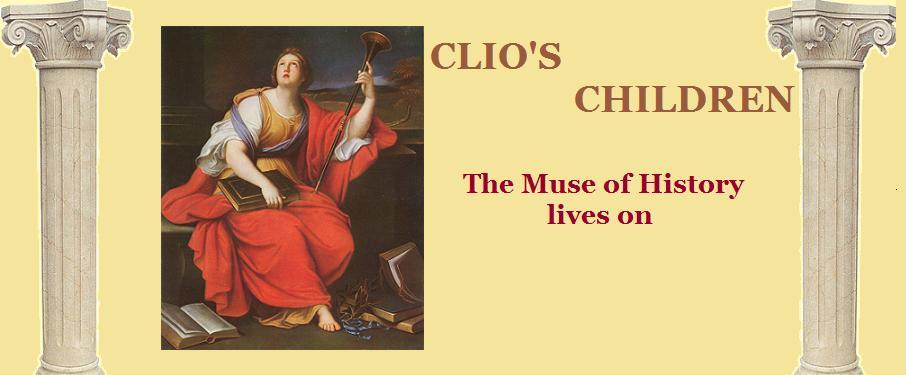Questions are the stuff from which writers are made. For those of us who write historical fiction, the major question that guides our work is "What if?" Those two little words can conjure up virtual worlds, alternate realities, and a tantalizing glimpse into what might have been.
The nice parts about writing historical fiction are you'll never run out of plots, settings, intriguing characters, or fateful decisions. For example:
Want to make Charlemagne a twin who has taken his brother's place? No problem.
Think Cleopatra needs to have had a fear of spiders? Why not?
Convinced that Marc Antony really wanted to get it on with Caesar's wife? Righto.
Wondering if the Borgias were actually victims of lead poisoning instead of evil from the getgo? have at it.
The point is that history is just the starting point. The rest is up to you. What's your spin on history? Is it leading to a published work? Time will tell.
Monday, April 19, 2010
Subscribe to:
Post Comments (Atom)





5 comments:
I seem really boring when compared to this! (I probably AM really boring). I tend to stay within the bounds of "history that has happened" or "history that could possibly have happened" but not wander into the realms of "massively changing important people's history." :)
It's the writer's gift to take what is and make it something more. Fooling around with history is a kick. Just be sure there aren't any living descendants who might take ombrage.
I think it's important not to change any of the historical facts as we know them barring only few exceptions.* On the other hand, much of what we know about history has wide gaps through which you can weave any story you like. For example, Cleopatra may not have had a fear of spiders, but it doesn't fundamentally change the history of her life if you make it so. I think that kind of thing is not only fair game, but helps spark a reader's imagination so that they want to find out what really happened!
* One such exception might be when, for space constraints, an author might choose to combine a few years into one, and that shouldn't create problems so long as the author acknowledges it in a note.
@KK Brees -- I'm guessing that is why I (so far) like writing about "imaginary normalish people" as opposed to Great Figures of History. Great Figures of History totter around the periphery, and sometimes even speak if they're in the right place at the right time, but I'm scared witless about setting a book around them! (Now, if it were Great Buildings of History...)
Stephanie makes a good point. The entire historical 'record' is one long gap. Up until the Internet era of compulsive documentation, the only records available to us have been those that survived because they were, in some way, privileged. Nor are they reliable, being written or preserved according to private agendas of the time.
A novelist who speculates - even absurdly - might just chance upon the 'truth'. And one who sticks pedantically to the record, is almost certainly echoing a myth :)
Post a Comment